detail profile tadeusz fijewski
Peran Yang Di Mainkan Tadeusz Fijewski
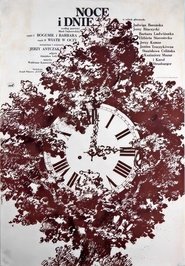 A family saga of Barbara OstrzeskaNiechcic...
A family saga of Barbara OstrzeskaNiechcic...Nights and Days 1975
A family saga of Barbara Ostrzeńska-Niechcic and Bogumił Niechcic against the backdrop of the January Uprising of 1863 and World War I. The film is a rather straightforward and faithful adaptation of a novel by Maria Dabrowska with the same title. The plot is woven around the changing fortunes of a noble (upper-class) Niechcic family in the pre-WWI Poland. There are two main crossing threads: a social history one and an existential one.
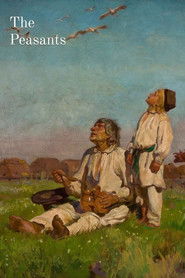 In a bucolic Polish hamlet the...
In a bucolic Polish hamlet the...The Peasants 1973
In a bucolic Polish hamlet, the tense relationship between a father and son reaches a boiling point when the men lose their hearts to the same woman and vie for her affections. Based on Wladyslaw Reymont's Nobel Prize-winning book and helmed by Jan Rybkowski, this theatrical release (starring Krzystof Chamiec, Wladyslaw Hancza and Emilia Krakowska) was culled from a 13-episode miniseries that aired on Polish television in 1972.
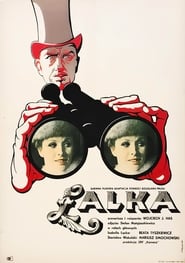 Set in the 19th century Warsaw...
Set in the 19th century Warsaw...The Doll 1968
Set in the 19th century Warsaw. The indolence of aristocrats who, secure with their pensions, are too lazy to undertake new business risks, frustrates Wokulski. His ability to make money is respected but his lack of family and social rank is condescended to. Because of his "help" (in secret) to "the doll's" impecunious but influential father, the girl becomes aware of his affection.
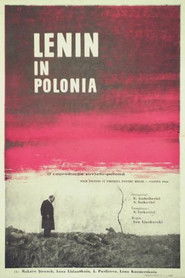 The life of the great Bolshevik...
The life of the great Bolshevik...Lenin in Poland 1966
The life of the great Bolshevik leader before the Russian revolution is chronicled in this bio-pic. Much of the tale centers on his exile in Poland where Lenin becomes friends with two peasants. The little girl has a strong belief in the nationalist cause. Later Lenin hears she was killed for withholding information about him.
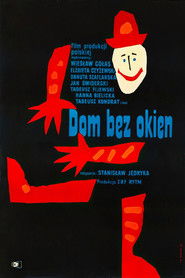 All the ambiance of an oldfashioned...
All the ambiance of an oldfashioned...The Impossible Goodbye 1962
All the ambiance of an old-fashioned circus comes across with great clarity in this otherwise routine psychological tale about a mean-spirited mime and his effects on his colleagues. The small, traveling circus has been sliding downhill for awhile, and unless some new life is infused into its acts, its future does not look very rosy. Into this precarious situation comes a new mime with the uncanny ability to sap the confidence of his fellow performers. If he continues for long in this vein, no one will be able to believe they have any talent left at all.
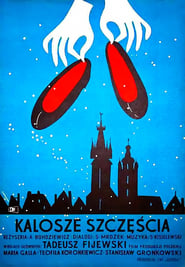 Two fairies Terencja and Felicja are...
Two fairies Terencja and Felicja are...Kalosze szczęścia 1958
Two fairies, Terencja and Felicja are in posession of the Lucky Rain Boots, which they intend to give to the most deserving person in the city of Kraków. However, they consistently fall into the wrong hands, creating a multitude of absurd and comedic situations.
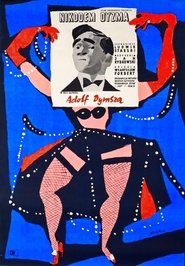 Nikodem Dyzma is a poor dancer...
Nikodem Dyzma is a poor dancer...Nikodem Dyzma 1956
Nikodem Dyzma is a poor dancer who comes to Warsaw to find a job. The problem is that nobody wants to hire him. One day he finds an invitation to the party with very important people and decides to attend. A small accident at the party makes him the hero of the night and becomes the beginning of his career.
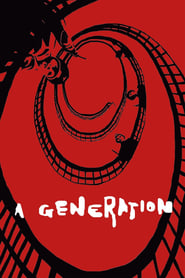 Stach is a wayward teen living...
Stach is a wayward teen living...A Generation 1955
Stach is a wayward teen living in squalor on the outskirts of Nazi-occupied Warsaw. Guided by an avuncular Communist organizer, he is introduced to the underground resistance—and to the beautiful Dorota. Soon he is engaged in dangerous efforts to fight oppression and indignity, maturing as he assumes responsibility for others’ lives. A coming-of-age story of survival and shattering loss, A Generation delivers a brutal portrait of the human cost of war.
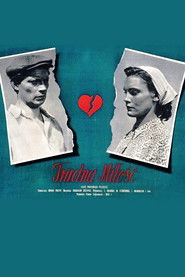 A story of the love affair...
A story of the love affair...Difficult Love 1954
A story of the love affair between Janek Małodworny and Hanka, daughter of the kulak Nalepa. The two love each other, but their happiness is hampered by differences in possessions. To make matters worse, Małodworny is in favor of establishing a cooperative along Soviet lines, while old Nalepa is staunchly opposed.
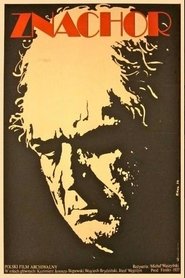 A renowned surgeon abandoned by his...
A renowned surgeon abandoned by his...The Quack 1937
A renowned surgeon, abandoned by his wife and daughter, gets robbed and loses his memory. Wandering around the countryside, he becomes a village healer and performs operations.

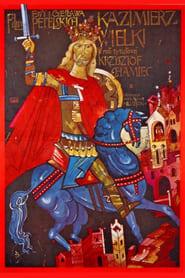 The life and reign of Polish...
The life and reign of Polish...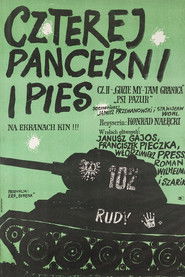 The second of four theatrically released...
The second of four theatrically released... A young boy must go to...
A young boy must go to...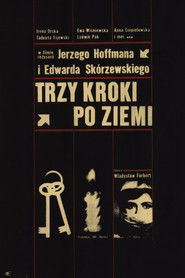 Three stories about life problems
Three stories about life problems The inability of a truck driver...
The inability of a truck driver...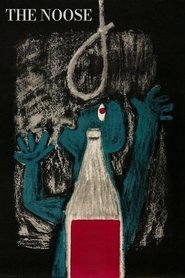 A day in the life of...
A day in the life of...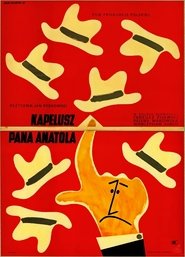 Anatol Kowalski is an old man...
Anatol Kowalski is an old man...